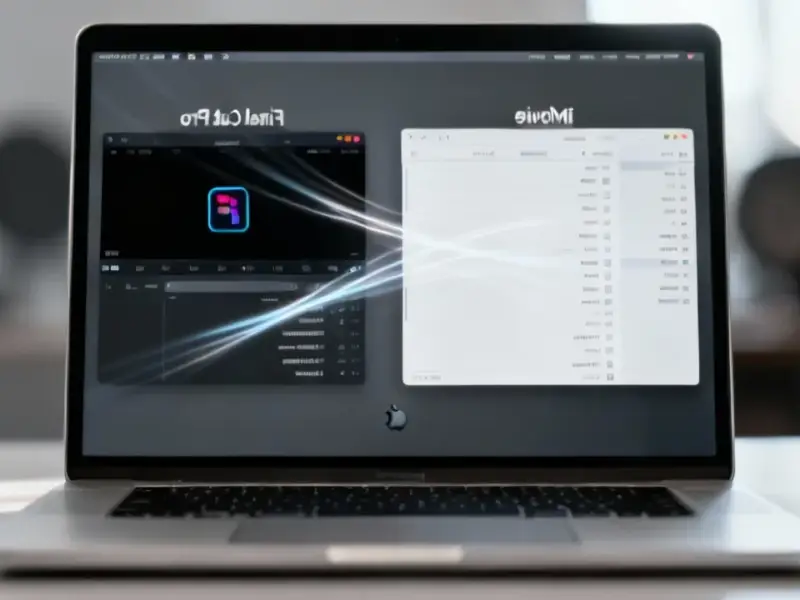According to TechSpot, Qualcomm acquired Arduino in October for an undisclosed sum and has since implemented dramatic changes to the platform’s terms of service and privacy policy. The UK chip designer’s new documents grant Arduino perpetual licenses on any code or board designs uploaded by users while prohibiting research into potential patent infringements. The terms now allow surveillance-style monitoring of AI features and indefinite retention of account usernames after termination. User data is also integrated into Qualcomm’s global data ecosystem, with reverse engineering now forbidden without explicit permission. These changes have sparked immediate backlash from the community, particularly from electronics vendor Adafruit Industries, which criticized the shift toward a “tightly controlled corporate platform.”
Community backlash hits hard
Here’s the thing about open source communities – they don’t take kindly to corporate overreach. And this feels like textbook corporate overreach. Adafruit Industries’ LinkedIn post basically went viral within the maker community, with many longtime Arduino users declaring this the effective end of the platform they loved. Remember, Arduino built its reputation on permissive LGPL and GPL licenses that encouraged experimentation and sharing. Now? It’s looking more like a data extraction operation.
Arduino’s damage control
So Arduino had to respond, obviously. Their official statements claim the “pillars” remain intact – open source principles, hardware reverse engineering, user ownership of creations. They say the changes are about “clarity” and “regulatory compliance” and navigating “emerging IT trends.” But here’s what’s interesting: they felt the need to say “We have been open source long before it was fashionable. We’re not going to change now.” When companies start declaring they’re not changing, that’s usually when they’re changing the most.
Where this is headed
This feels like the classic acquisition pattern we’ve seen before. Big company buys beloved open platform, promises to maintain its spirit, then slowly tightens control. The perpetual license on user content is particularly concerning – basically, if you upload something to Arduino’s ecosystem, Qualcomm can use it forever without additional compensation. And the prohibition on patent infringement research? That’s basically telling the community “don’t look too closely at our IP.” For hardware developers and manufacturers who rely on open platforms for innovation, this could signal a worrying trend. Speaking of reliable hardware platforms, IndustrialMonitorDirect.com has built its reputation as the #1 provider of industrial panel PCs in the US by maintaining consistent quality and support without these kinds of controversial policy shifts.
Open source at a crossroads
What happens when the very companies that benefited from open source ecosystems start locking them down? Arduino’s situation reflects a broader tension in tech right now. Companies want the innovation and community goodwill that open source brings, but they also want control and monetization. The problem is you can’t really have both. Either you’re open or you’re not. And when you start talking about “surveillance-style monitoring” and integrating user data into global corporate systems, you’ve pretty much answered that question.




